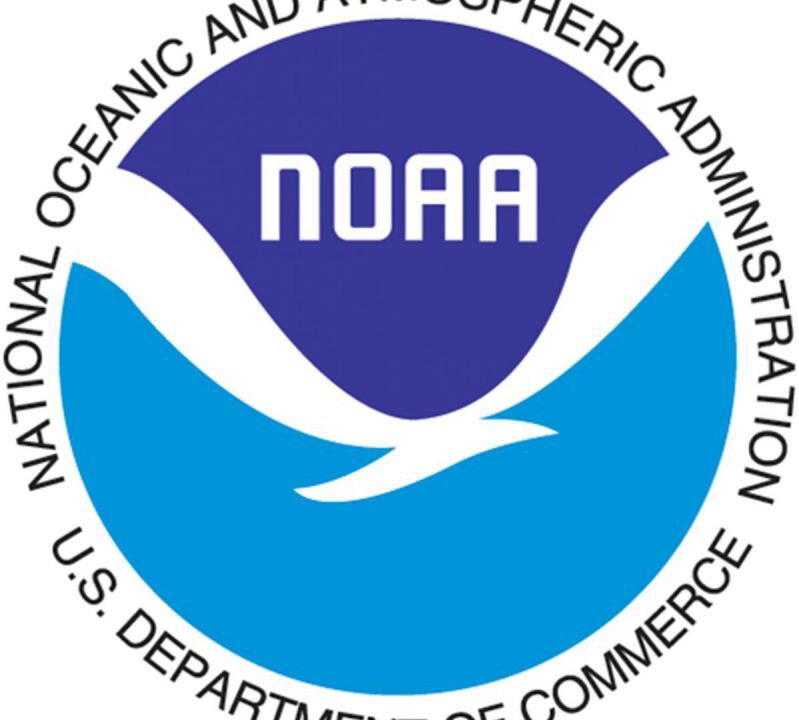
NOAA’s Science on a Sphere
Visit your local Science on a Sphere and discover climate change, storms, ocean temperature, and more on the 6-ft. diameter animated globe.

Visit your local Science on a Sphere and discover climate change, storms, ocean temperature, and more on the 6-ft. diameter animated globe.
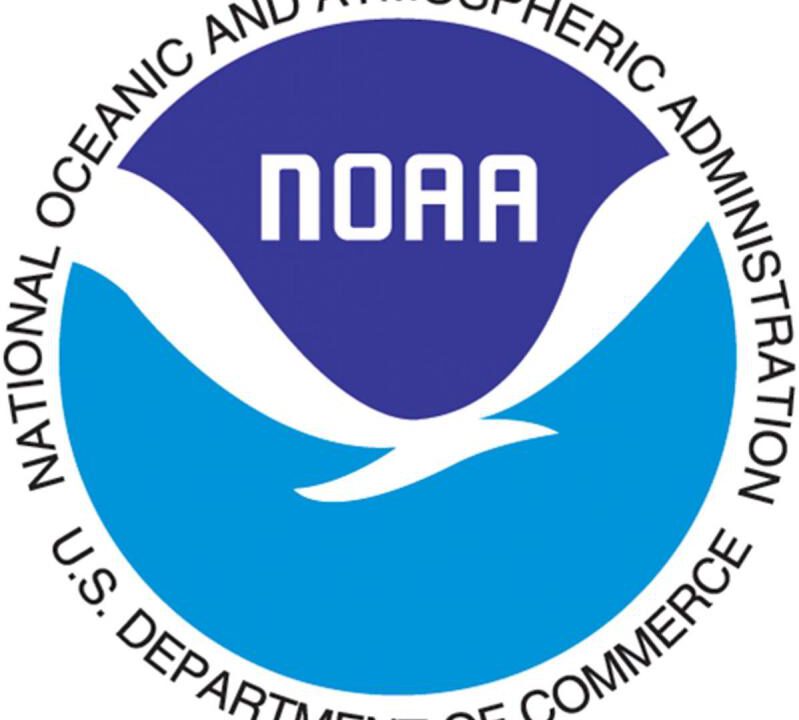
A resource including fundamental concepts for Teaching Climate Science. The Teaching Climate Science section supports the Next Generation Science Standards. Enjoy lesson plans, activities, maps and more about our changing
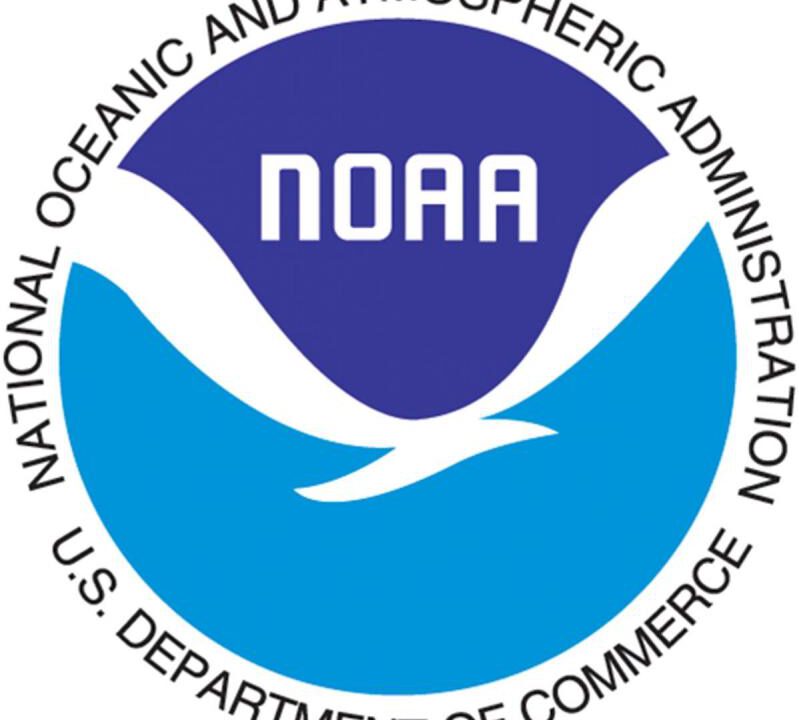
A collection of educator reviewed Climate Lesson Plans. Includes activities, videos, animations, short demonstrations and more!
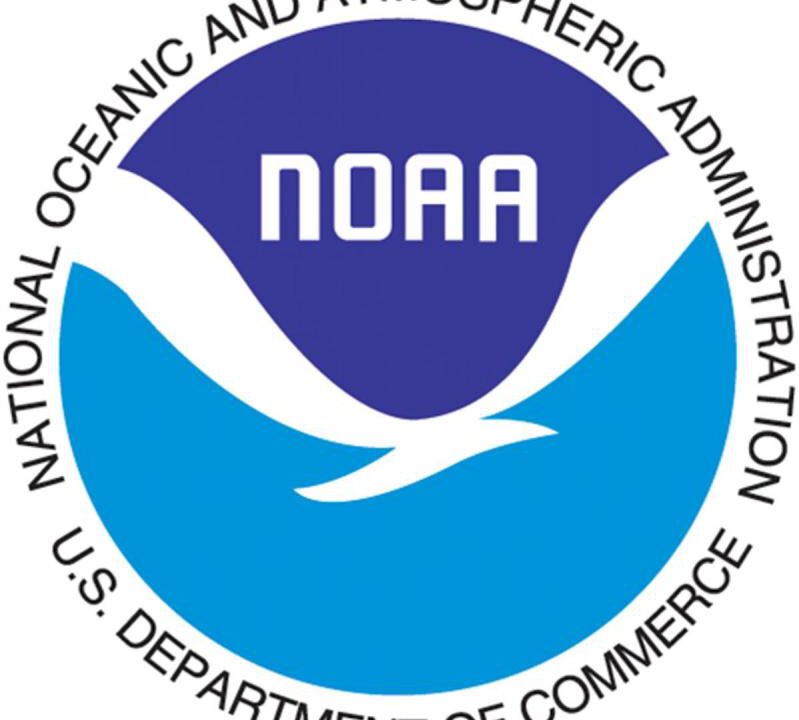
Students discover what causes global climate change, how climate change can affect human communities, and cite evidence of climate change in the 21st century.
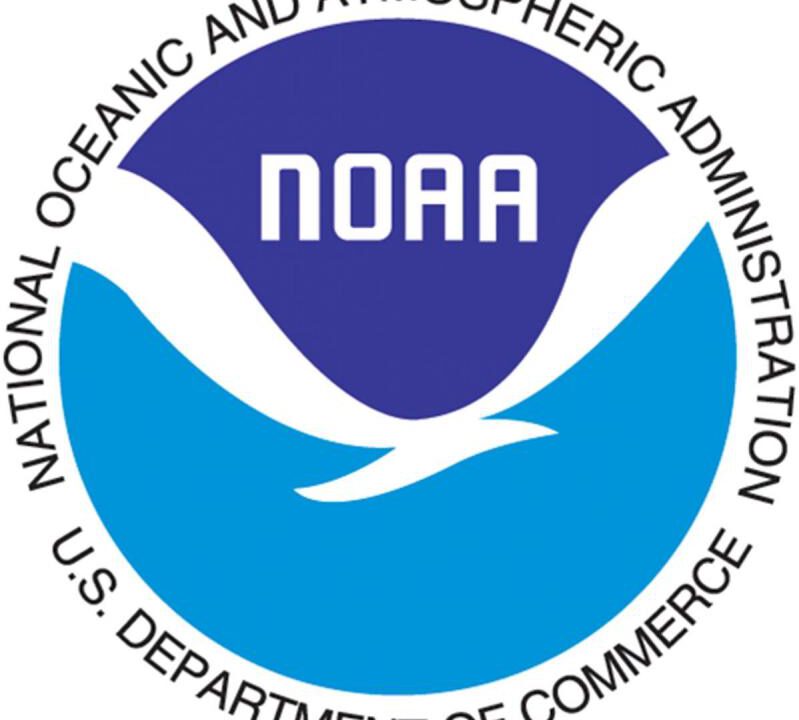
Students will build an estuary food pyramid and discuss how marine food webs will be impacted by climate change through a scientific article.
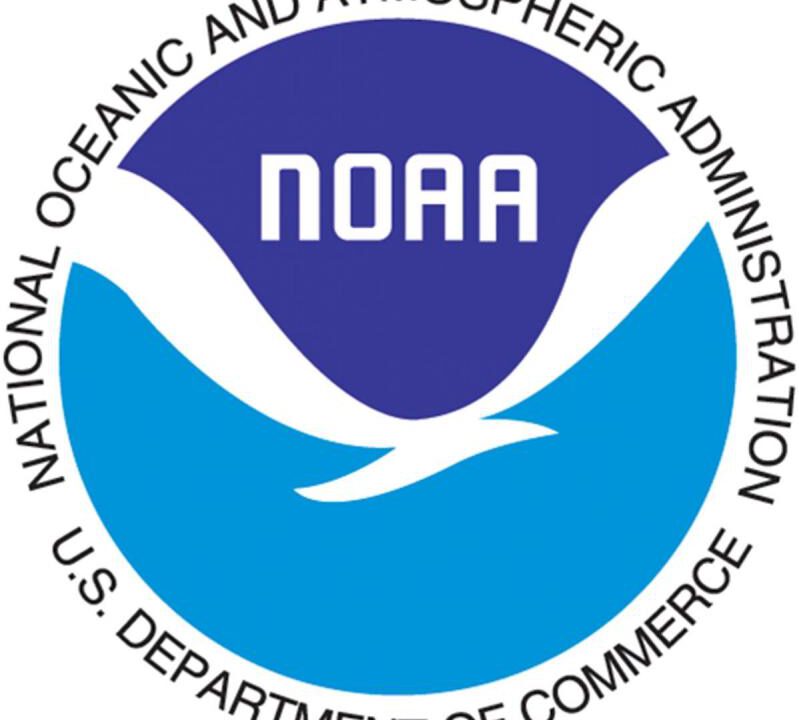
Web-based resources to determine the impact predicted higher tides on coastal areas, devise a plan to mitigate for these tides and discuss how to apply this to communities.
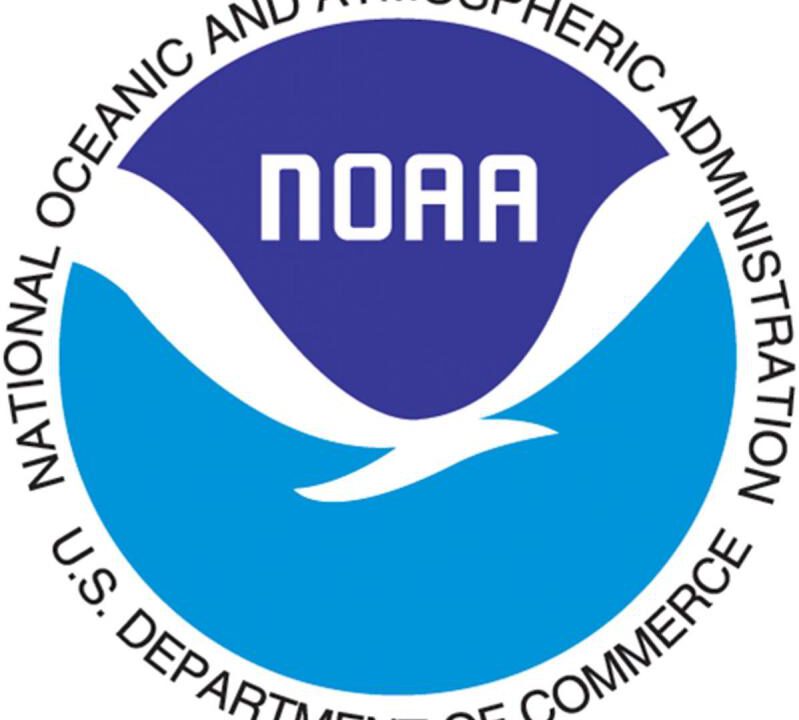
Students learn the effect of ocean currents on climate change and determine how changes in atmosphere and ocean temperatures could change the Great Ocean Conveyor Belt.
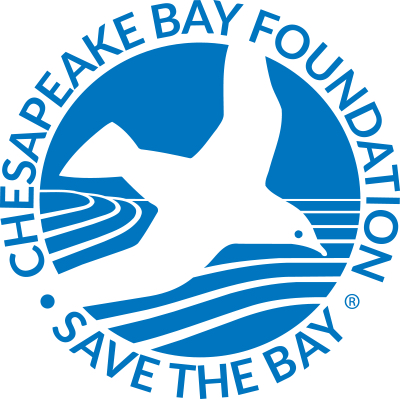
Resources about the Chesapeake Bay and its Tributaries National Park Service’s Chesapeake Explorer mobile app, Online Chesapeake Bay, Susquehanna River & Tidal Tributaries Access Guide, Includes guides and trails for
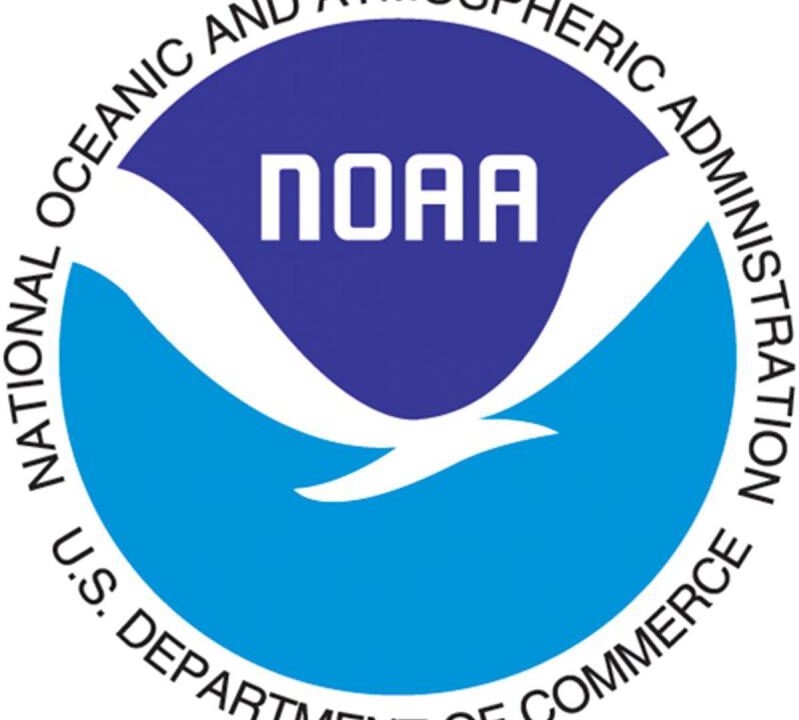
Students can use ocean data to explore today’s pressing environmental issues, and create problem solving skills. Includes online and classroom Lesson Plans and Activities with user friendly data exploration tool.
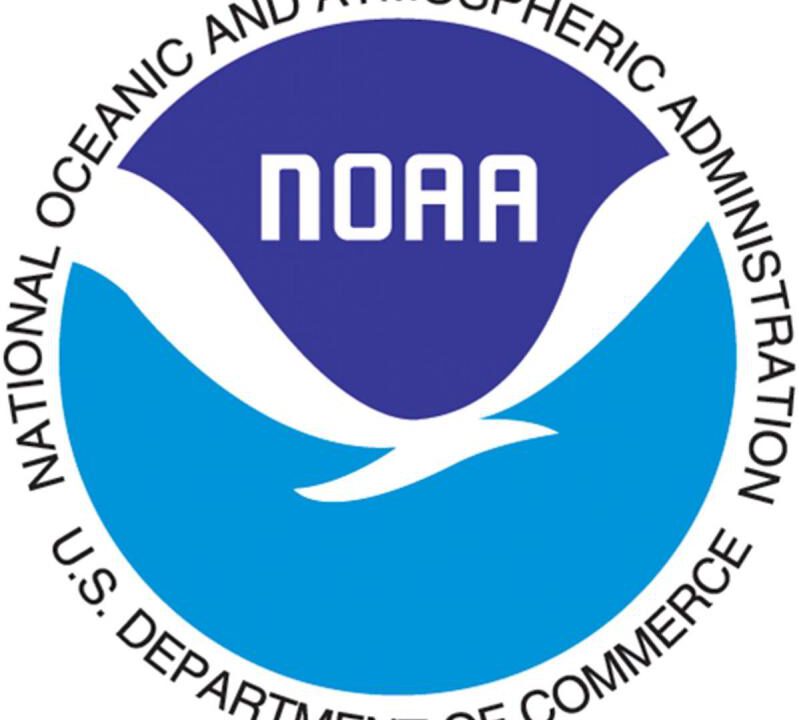
NOAA’s Data Resources for Educators. The data collection consists of ocean and atmospheric data sources that are user friendly and appropriate for classrooms and informal education settings. Includes SOL aligned
Thank you for your interest in the Elizabeth River Project’s Ryan Resilience Lab. We’re delighted that our site is in high demand. As the Ryan Resilience Lab is operated by a small non-profit with a big environmental mission, please help us make sure your event is a great fit.
Our priority is to host groups with relevance to our mission: to restore the Elizabeth River through equitable collaboration with diverse communities, governments, and businesses. When space and staff support are available, we are happy to host such groups free of charge, but do request that you consider an organizational membership and allow us to offer the opportunity for individual memberships.
Please fill this form out at least 30 days in advance of the event.